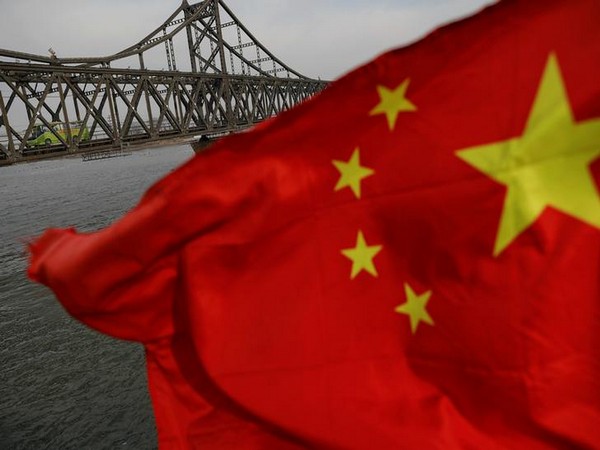The recent announcement of a new security agreement between China and Solomon Islands has sent ripples of suspicion and concerns in Washington, Canberra and other Indo-Pacific capitals about the intent as well as portends of the agreement. The foremost concern is that it opens the door to a Chinese military presence in the Southern Pacific. Some analysts wonder whether this agreement heralds the rise of a more activist China that is now willing to extend military support to other States in its concerted search for allies.
According to the leaked draft of the security agreement between China and the Solomon Islands, Beijing has agreed to send armed police, military personnel, and other law enforcement forces to assist Honiara in “maintaining social order, protecting people’s lives and property, and providing humanitarian assistance”. The draft text also states that China, with the consent of Honiara, can use its forces to protect Chinese personnel and projects, and for its ships to stopover and carry out “logistical replenishment” in the Solomon Islands. This agreement marks a drift from China’s existing outreach policy based on economic and diplomatic support to its allies and many think-tanks suggest that this change would have sweeping geostrategic consequences.
Although, the Prime Minister of Solomon Islands Manasseh Sogavare described the agreement as a ‘normal bilateral development initiative’, yet to be formalised, many observers suspect that it is intended to get a military foot hold for China in the region. The agreement also reportedly consists of a MoU on maritime investment, which China might use to shift the balance of power in South-Pacific.
A few days earlier, Australian PM Scott Morrison had expressed concern regarding the MoU, which covers undersea cables, port wharves and ship building.
While firmly denying that the agreement allows for a naval base, Solomon Islands’ Prime Minister Sogavare described the new security pact with Beijing as necessary for countering the “hard internal threats” facing the country. He also claimed that the agreement with Beijing was much needed because its security treaty with Australia proved “inadequate” during last year’s antigovernment protests in the capital.
Last year in November the Solomon Islands saw massive public protests ignited by lack of government services and accountability, corruption and foreign workers taking local jobs. The capital city saw chaos, loot and arson. However, the Prime Minister Sogavare blamed foreign interference for public protest in the capital Honiara over his government’s decision to switch alliance from Taiwan to Beijing.
But the critics of Prime Minister Sogvare’s refuted the allegation blaming his government’s failure on all fronts for public discontent rather than a foreign hand. The Prime Minister decided to switch alliance from Taiwan to China without taking other leaders in the loop. The decision taken in 2019 angered many in the Solomon Islands, particularly leaders of Solomon Islands’ most populous province, Malaita.Beijing’s commitment to help Honiara “to maintain social order” through a bilateral agreement has dangerous portends. By offering the new allies military assistance to maintain internal law and order, according to a Brookings Foreign Policy expert Patricia M.Kim, would incentivise the rougue actors and regimes to “play off Washington and Beijing in pursuit of their parochial interest, the erosion of democratic governance and norms and lead to greater volatility in the global arena”. The geopolitical stability would face problems due to deal’s potential to lead to a Chinese military base on the Island Nation which would enhance the power projection capabilities of the People’s Liberation Army in the region.
The leaked draft agreement also explicitly states that China may send the People’s Armed Police (PAP) to Solomon Islands to engage in law enforcement activities. The PAP’s duties include relatively benign assignments such as disaster relief and protecting government compounds as well as more notorious ones such as suppressing “mass incidents” throughout the country and “maintaining order” in regions like Xinjiang and Tibet. Patricia M.Kim argues, “Although there are instances of PAP forces being dispatched beyond China’s borders for joint counterterrorism initiatives with neighbouring States such as Tajikistan and Afghanistan and the UN, its deployment abroad to keep particular regime in power would be unprecedented”.

